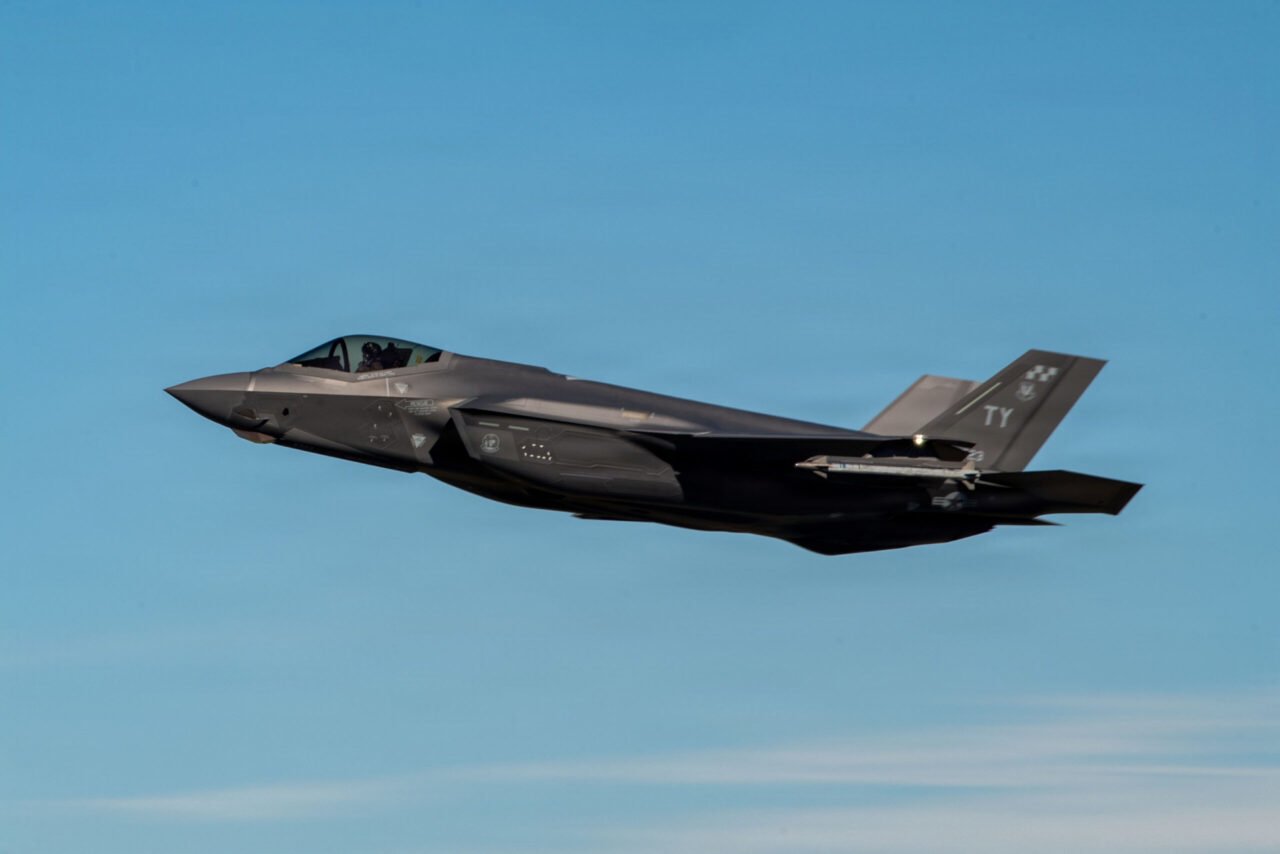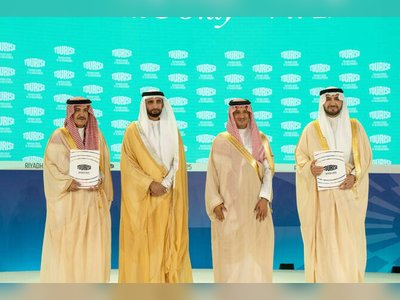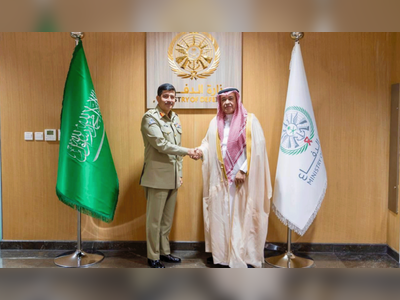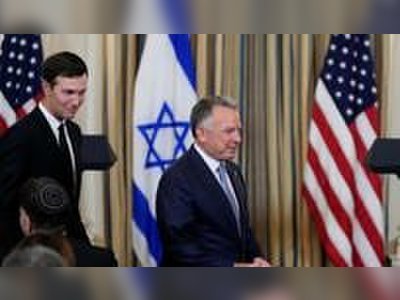
U.S. Approaches Landmark F-35 Sale to Saudi Arabia That Could Redefine Regional Air-Power Balance
Washington reviews Saudi Riyadh’s request for up to 48 F-35 jets, challenging its long-standing promise to preserve Israel’s qualitative military edge
The United States is advancing a potential sale of up to forty-eight Lockheed Martin F-35 Lightning II fighter jets to Saudi Arabia, marking a possible paradigm shift in Middle East defence dynamics.
The request, submitted by Riyadh under Crown Prince Mohammed bin Salman’s modernisation drive, has already cleared a significant internal Pentagon review, though it still requires Cabinet approval, presidential sign-off and formal Congressional notification.
Saudi Arabia’s interest in the F-35 — widely regarded as the world’s most advanced fighter jet, with stealth, data-link and sensor capabilities — reflects the kingdom’s ambition to modernise its armed forces and achieve parity among Gulf air powers.
Currently, Israel remains the only country in the region fielding the F-35, a status Washington has long safeguarded under its policy to preserve Israel’s “qualitative military edge”.
This potential sale raises the question of how that policy will be adapted or re-interpreted.
U.S. officials say the transaction is still under active review and emphasise that no final approval has been granted.
Riyadh has made a direct appeal at presidential level and is leveraging broader strategic ties with Washington, including the largest US-Saudi arms cooperation package in history unveiled earlier this year.
Some analysts link the F-35 request to ongoing efforts to normalise Saudi-Israeli relations, although approval is not explicitly tied to those talks.
Congressional resistance remains a formidable barrier.
Lawmakers have raised concerns over Saudi human-rights records, regional segmentation, and the impact of advanced arms transfers on Israel’s security environment.
Should the sale proceed, it would establish Saudi Arabia as the second Middle Eastern operator of the F-35 and represent a major U.S. policy shift in Gulf defence architecture.
Saudi officials have long viewed the F-35 as the crown jewel of their procurement strategy and a key element of the kingdom’s Vision 2030 objectives.
Washington’s decision on this request will reflect not just an arms sale, but a recalibration of alliances, deterrence posture and the future of Israel’s air-dominance assurances.
The request, submitted by Riyadh under Crown Prince Mohammed bin Salman’s modernisation drive, has already cleared a significant internal Pentagon review, though it still requires Cabinet approval, presidential sign-off and formal Congressional notification.
Saudi Arabia’s interest in the F-35 — widely regarded as the world’s most advanced fighter jet, with stealth, data-link and sensor capabilities — reflects the kingdom’s ambition to modernise its armed forces and achieve parity among Gulf air powers.
Currently, Israel remains the only country in the region fielding the F-35, a status Washington has long safeguarded under its policy to preserve Israel’s “qualitative military edge”.
This potential sale raises the question of how that policy will be adapted or re-interpreted.
U.S. officials say the transaction is still under active review and emphasise that no final approval has been granted.
Riyadh has made a direct appeal at presidential level and is leveraging broader strategic ties with Washington, including the largest US-Saudi arms cooperation package in history unveiled earlier this year.
Some analysts link the F-35 request to ongoing efforts to normalise Saudi-Israeli relations, although approval is not explicitly tied to those talks.
Congressional resistance remains a formidable barrier.
Lawmakers have raised concerns over Saudi human-rights records, regional segmentation, and the impact of advanced arms transfers on Israel’s security environment.
Should the sale proceed, it would establish Saudi Arabia as the second Middle Eastern operator of the F-35 and represent a major U.S. policy shift in Gulf defence architecture.
Saudi officials have long viewed the F-35 as the crown jewel of their procurement strategy and a key element of the kingdom’s Vision 2030 objectives.
Washington’s decision on this request will reflect not just an arms sale, but a recalibration of alliances, deterrence posture and the future of Israel’s air-dominance assurances.











